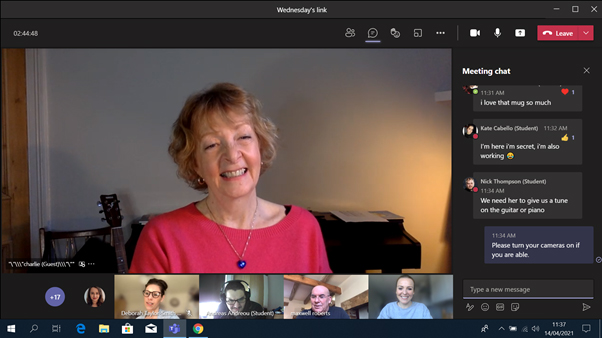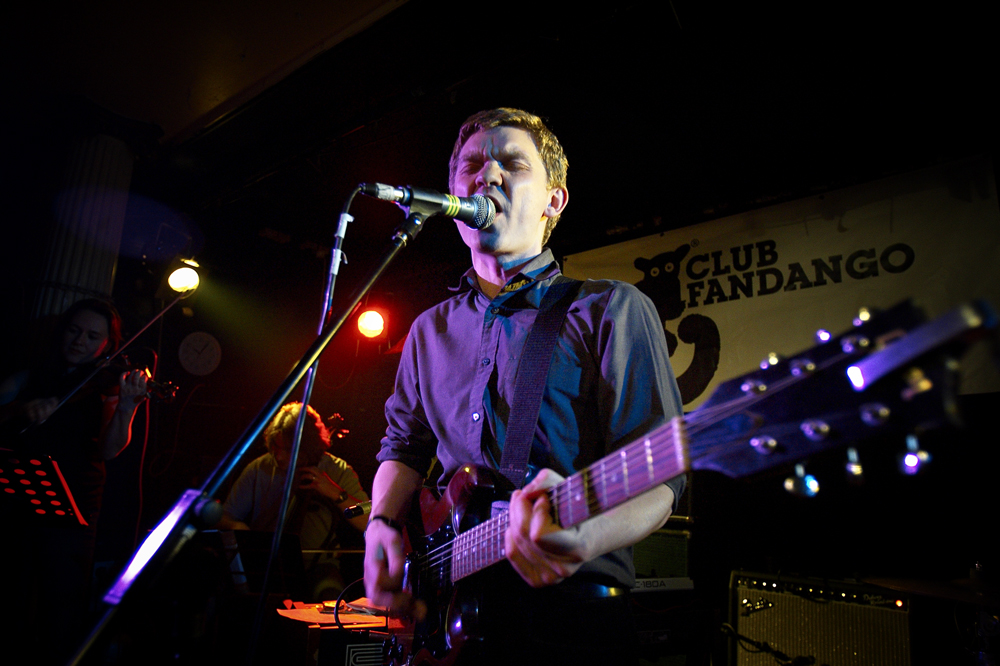Representation of the LGBTQ+ community in film and tv is gradually improving but it still needs work. What effect does this have on the community and how can we strive for a better future? Courtney Mackel reports.
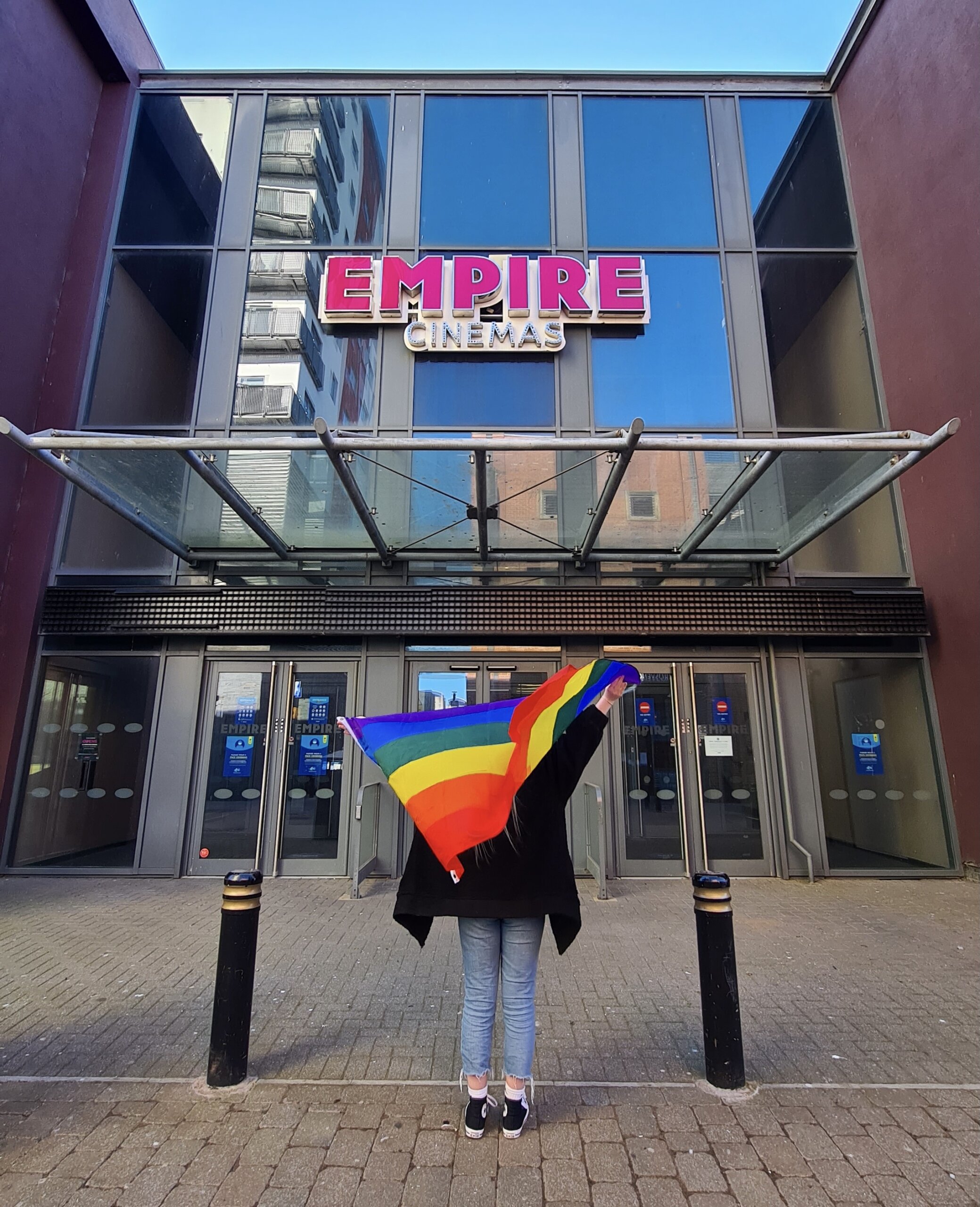
Everybody knows somebody who identifies as part of the LGBTQ+ community – so why aren’t we seeing our friends and loved ones represented on the big screen?
It’s no secret that the LGBTQ+ community is underrepresented when it comes to media, particularly in film and TV – whether that be from casting and storytelling to character inclusion, but this needs to change.
If you were to think back to your childhood, growing up and watching films on a big television – would you fondly remember any role models you looked up to? A character you could resonate with and you could see a part of yourself in them? Would you think about how this character shaped a part of your childhood and arguably contributed to who you are today? This is why representation is important.
Speaking on this issue, Phoebe Jackson, who identifies as a transgender bisexual, says, “I came to conclusions about my sexuality and my gender identity quite late on and so I think if there was a more widespread representation of that, if it was just more normalised, then it might have been something that I would’ve rejected less.”
On the importance of role models and being able to identify with a character from a young age, she says, “It’s so important that young people have something to look up to and an education on the LGBT community that makes sense because it’s not something that is covered in education in schools.”
“The only way that they have to learn about those things is through the media and that’s why I think it’s so important that it’s done right and it’s done respectfully because you’ll never understand how important that is and how much that means, and how much it can detriment you when it’s done negatively, unless you’ve been through that yourself.”
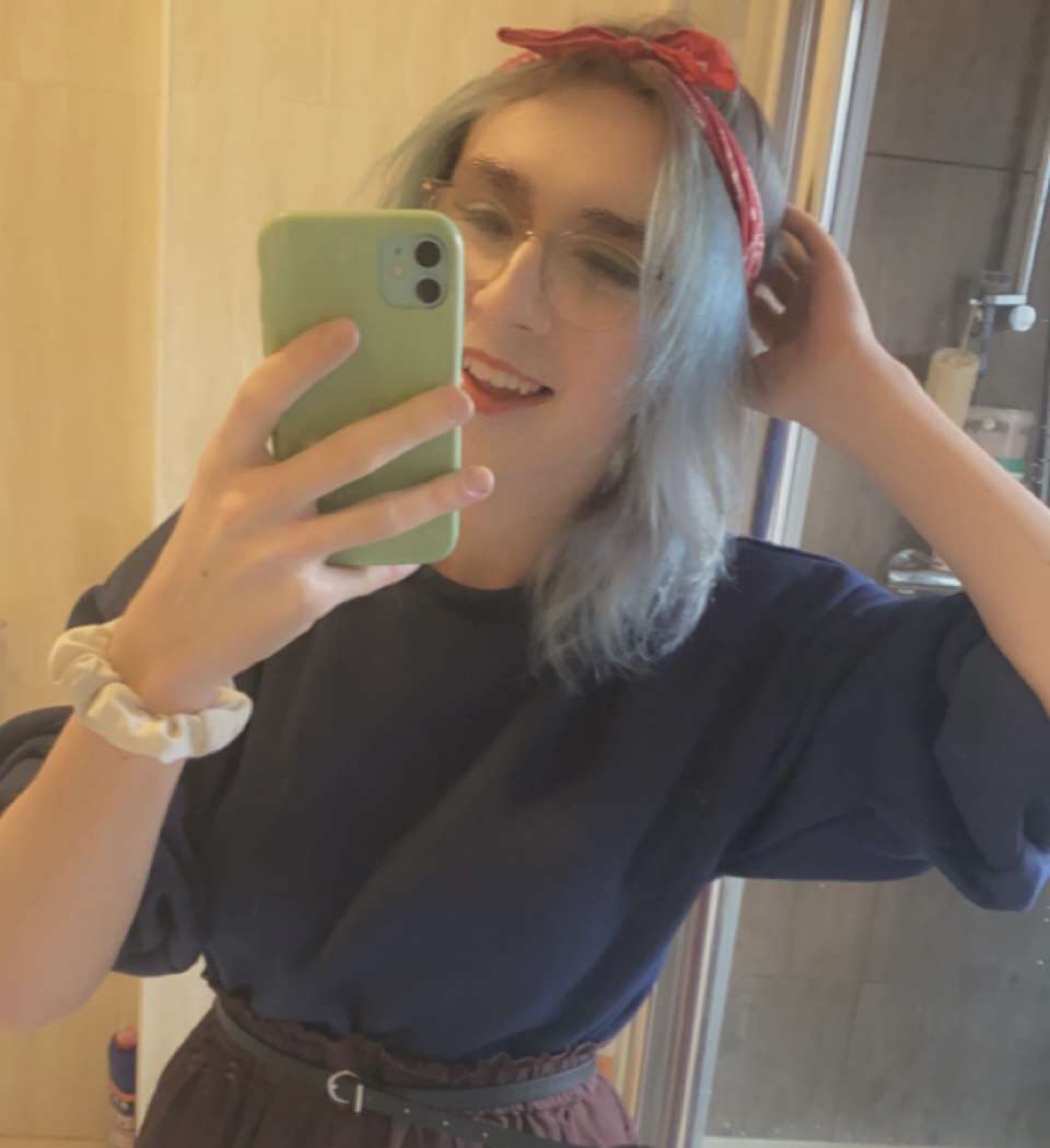
Now more than ever, it’s important for everyone to be aware of and to work to improve the lack of representation the community is given through film and tv.
Some main issues experienced by the community are that of negative stereotypes or tropes being used for LGBT+ characters and characters becoming defined by their sexuality, Phoebe says, “In terms of industrial growth, it’s better now than it was but there still needs to be more variety and more range in how queer characters are represented.”
These negative portrayals can be damaging, with ideas often broadening beyond the screen and coming into real life. With a lack of education on the matter and not enough accurate representation, young people can experience the harmful effects of this.
It is crucial for younger members of the community to feel recognised by the mass media and for the stigma to be removed. Film and television play a large part in society and societal ideas, the content being produced should show an accurate and respectful portrayal of the community.
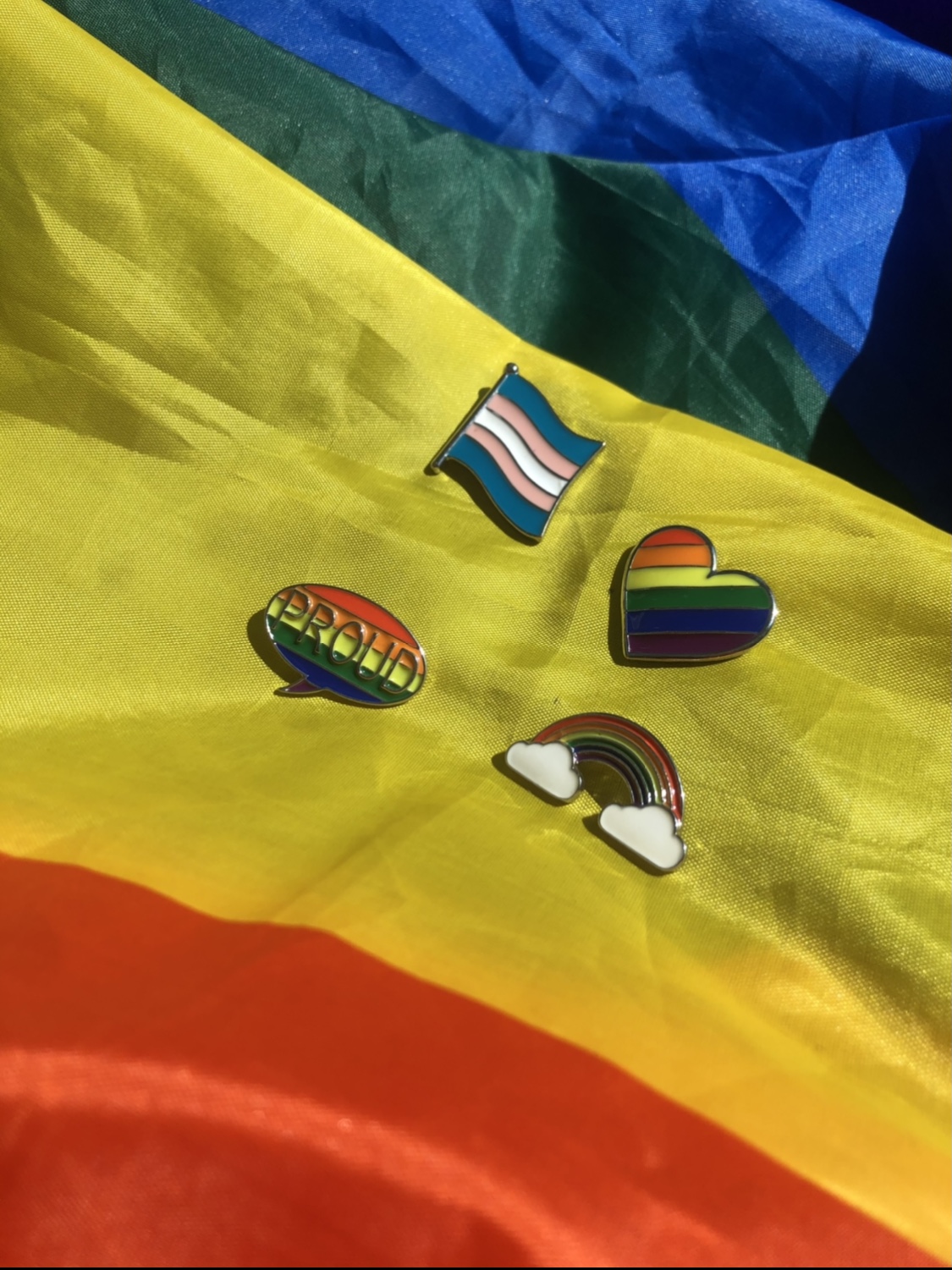
Meanwhile, GLAAD, an American, non-governmental organisation, annually produces a report which provides statistics for the quality, quantity and diversity of LGBTQ characters in film. As part of their research, they look at eight major film studios, these include: Lionsgate, Paramount Pictures, Sony Pictures, STX Films, United Artists Releasing, Universal Pictures, Walt Disney Studios and Warner Bros.
For the year 2019, out of 118 films counted, they discovered that only 22 included characters from the LGBTQ+ community. This is in fact the highest it has been in the eight years that they have been producing the report.
It’s also clear that there has been a serious lack of representation for the transgender community in particular as the organisation found that there were no transgender characters included from any of the eight studios – a disappointing statistic that has remained the same for the two years prior.
Although, organisations such as the Iris Prize in Cardiff, have come together to create their own community and give those the recognition that they deserve, whether working in front of or behind the camera.
Berwyn Rowlands, the festival director, says “I think film festivals should fill a gap, so if we’re not seeing queer stories and queer people on TV or in cinema, a film festival should be the means to share and present those stories that we’re not seeing elsewhere.”
When discussing Hollywood and mainstream media, he says, “It is probably one of the most archaic contributors of content when it comes to representation of LGBT people and characters. Mainstream movie making and conventional television, what they’re producing, it’s disappointing but they are catching on quickly.”
It is true that representation is improving for the community, however, it is important that it continues to do so and the wider picture is considered. Whether it be through casting or storytelling, it would be great to see a rapid incline rather than a steady pace.


